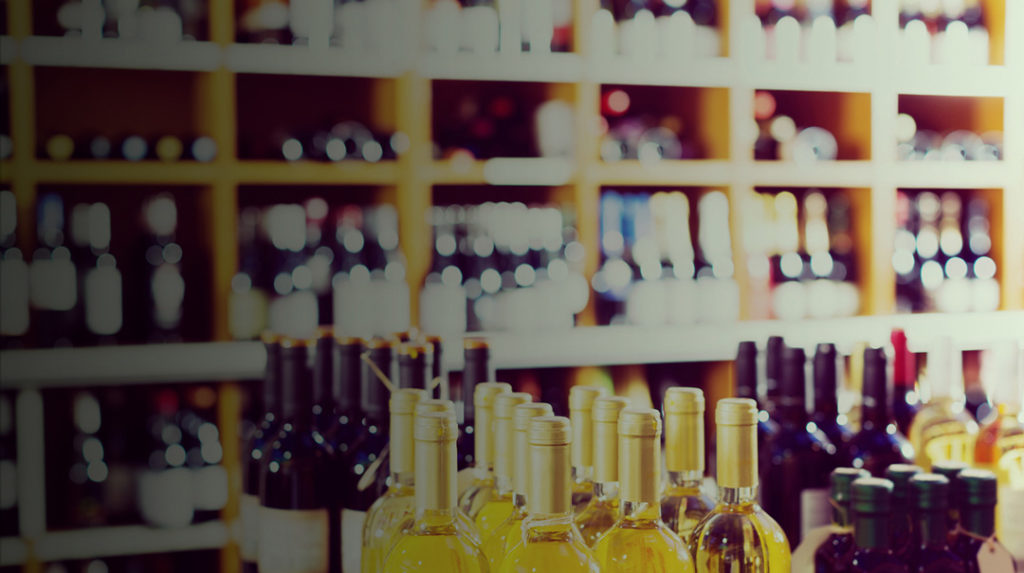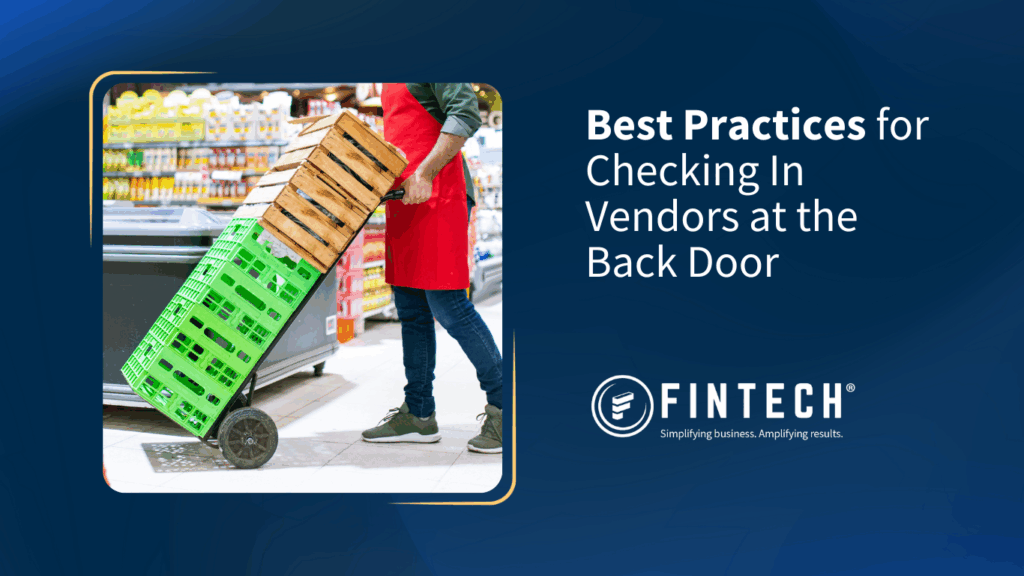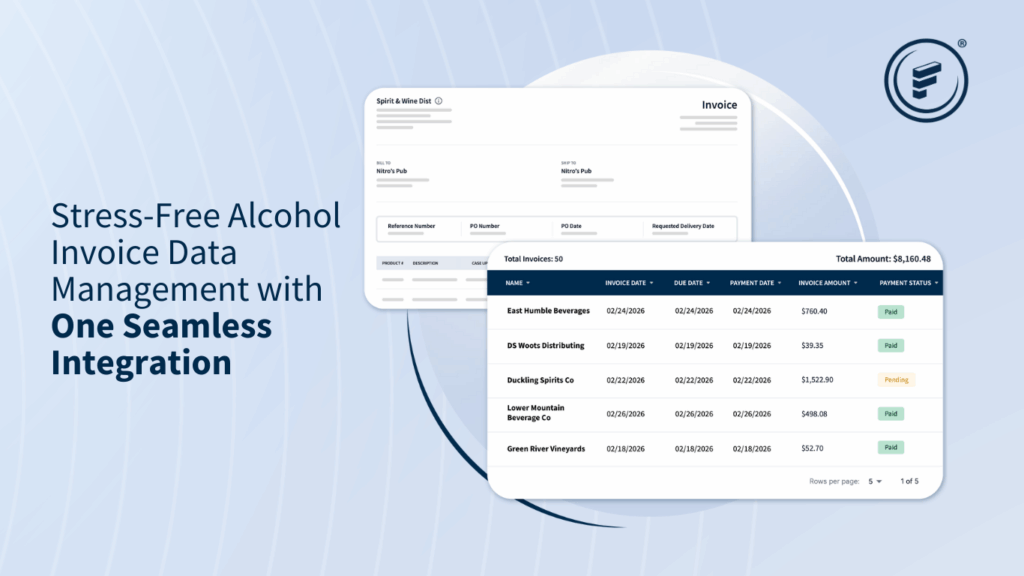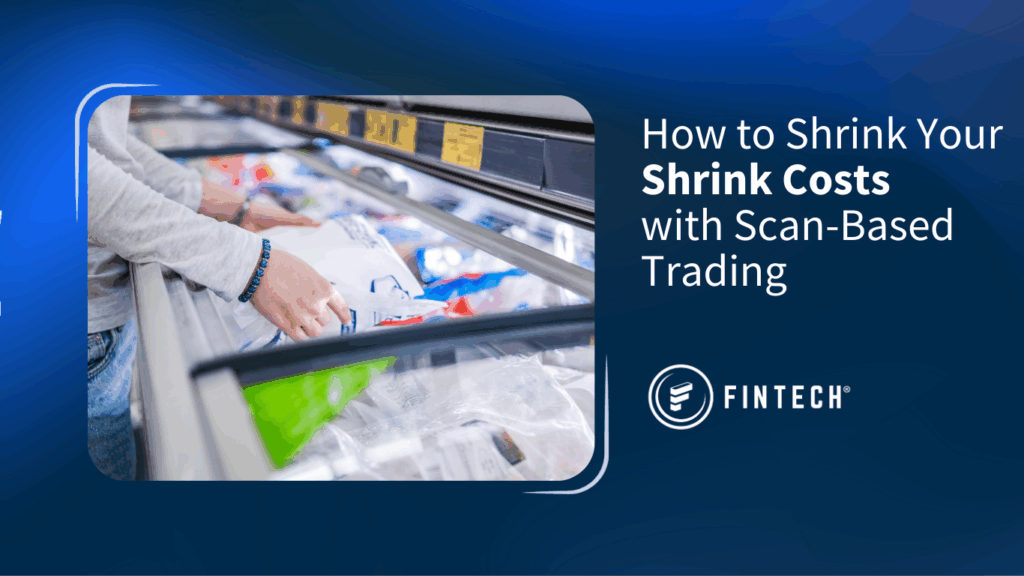COVID-19 has changed the way the entire world operates, but have these transformations made it easier for consumers to get what they need, or harder for businesses to keep up with demand?
As the overall impacts of the pandemic unfold, companies worldwide are left to change the way they do business to maintain customer convenience. Everyone from global corporations to mom-and-pop restaurants has adjusted procedures and implemented new rules to keep their teams and customers safe. As a result, consumers are forming new purchase habits.
Just the other day, when our company needed supplies quickly, we turned to curbside pickup from Best Buy. We made an online purchase, which was already easier than searching through a store, followed the simple pickup instructions, and within two minutes of arriving at the location, a Best Buy employee delivered our products to our waiting employee. As we discussed the experience our team couldn’t help but rave about the convenience. 90-days ago, consumers would most-often go into a physical store to make a purchase and, as a result, would also end up buying items they didn’t necessarily need. This same phenomenon happens all the time in grocery stores where consumers fall prey to the smart end-cap marketing – especially if they’re hungry.
While the decreased reliance on the in-store experience may be bringing about new forms of customer convenience and savings for the consumer, is it ultimately good for business?
This same balance of convenience versus an increased ability to sell translates directly to the alcohol industry, where retailers and distributors are turning to online ordering options and minimizing in-person engagement. Of course, there’s now a heightened need for physical distancing procedures and safety measures, but distributors still need to capture powerful upsell moments in the sales process, and retailers still rely on distributor guidance for product trends and recommendations. So, where is the balance between safety, convenience, and increased profits?
Thankfully, finding the balance is simple and doesn’t require alcohol businesses to reinvent the wheel. Simply being mindful of the innovation available and thoughtful in partnership with technology providers can create an advanced customer experience that leads to upsells and larger purchases. Most consumers have become accustomed to the “Amazon model,” with a shopping experience that leads to product recommendations, purchase history records, and inventory reminders. Now, technology providers in the alcohol industry, like Fintech, are following this model by using data to learn user preferences and create suggestive sales. In addition to the safety benefits that these forms of online ordering bring to both the distributors and retailers, they bring time-savings that allow distributors to focus on key sales targets and retailers to focus on their customers.
As the world shifts to more digital engagement, success will be determined by a business’ ability to adapt to the needs of consumer expectations without sacrificing safety, quality, or sales. It’s critical to establish goals that keep your teams safe, increase efficiency, and improve customer service so that you can increase sales. Perhaps the best formula for success lies in the adoption of technology that helps you achieve them all at the same time.
Ready to learn more about Fintech’s online ordering solution and see how it can bring convenience and time-savings to your company? Contact us today!






